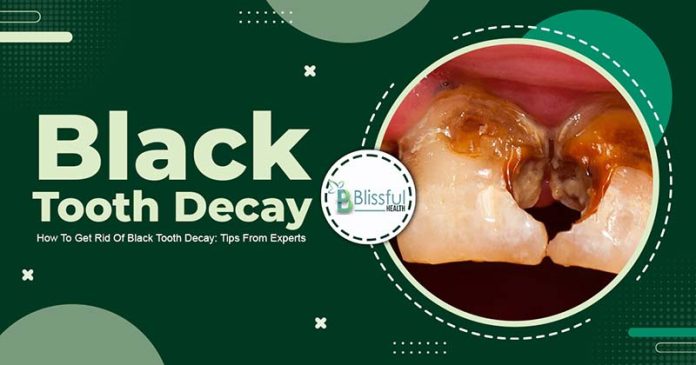Black teeth are often associated with aging or poor oral hygiene, but they can also signal a more serious underlying medical condition. While initial impressions may point to common causes, the reality is that a black tooth can indicate an emergency situation that requires immediate attention.
In this blog, we will explore common causes of black teeth and discuss possible emergency situations. At Blissfulhealth will also provide guidance on what to do if you find yourself experiencing this problem. Keep reading for more information about black tooth decay and their potential in an emergency.
Exploring Reasons Behind Black Tooth Decay
Black teeth aren’t merely a surface issue; they can indicate deeper health concerns. While some causes are well-understood, others remain shrouded in mystery, presenting challenges for both patients and dental professionals alike. Unraveling these factors is essential for effective prevention and treatment.
Genetic Influences
Some people inherit genetic conditions that lead to dental abnormalities and black teeth. Conditions like dentinogenesis imperfecta and amelogenesis imperfecta affect the development of dentin and enamel, causing discoloration ranging from yellow to black.
Environmental Factors
The environment where you live can play a pivotal role in tooth discoloration. Elevated levels of fluoride in drinking water, known as fluorosis, can darken teeth. Exposure to iron in industrial pollutants or water sources can similarly stain teeth black or gray. Cultural practices involving betel nut chewing or natural dye usage can contribute significantly to tooth staining.
Medications and Treatments
Certain medications can cause tooth discoloration. Tetracycline antibiotics, when taken during teeth formation, can permanently discolor teeth brown or black. Medical treatments like chemotherapy and radiation can also affect oral health, resulting in discolored teeth as a secondary effect.
Dietary Factors
Our diet plays a significant role in tooth color. Foods and drinks like coffee, tea, red wine, and some fruits and vegetables contain pigments that stick to tooth enamel, causing stains over time. Acidic foods and drinks can also weaken enamel, making it more prone to staining.
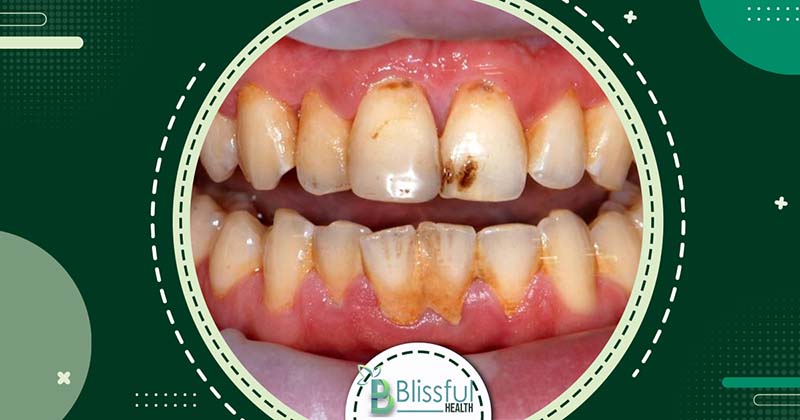
Neglecting Oral Hygiene
Insufficient brushing and flossing are major contributors to black tooth decay. Without regular cleaning, plaque accumulates, hardens into tartar, and provides a fertile environment for decay-causing bacteria to thrive, leading to discoloration. Regular dental checkups and cleanings are crucial for plaque removal and prevention of buildup.
Impact of Lifestyle Choices
Certain lifestyle habits, such as smoking or using tobacco products, can exacerbate black tooth decay. Nicotine and tar present in tobacco stain teeth and promote the proliferation of harmful bacteria. Similarly, recreational drug use can contribute to oral hygiene neglect, increasing the risk of decay.
Notes: Practicing good oral hygiene habits, including brushing twice daily with fluoride toothpaste and flossing, is essential for preventing black tooth decay. Limiting sugary and acidic foods and beverages can also help maintain oral health and reduce the risk of decay and staining.
Types of Black Tooth Decay
Black Tooth
A single black tooth typically indicates advanced decay, where an infection has penetrated the tooth pulp, causing nerve death and discoloration. This signifies that the tooth has died. Seeking prompt dental intervention, such as a root canal or dental crown, is often the recommended course of action.
Black Patch on Tooth
A black patch on a tooth commonly denotes a cavity or progressing tooth decay. As plaque accumulates, it erodes the tooth’s surface, exposing the underlying enamel and leading to cavity formation. Addressing this issue typically involves dental treatments to remove the decay and restore the tooth’s integrity.
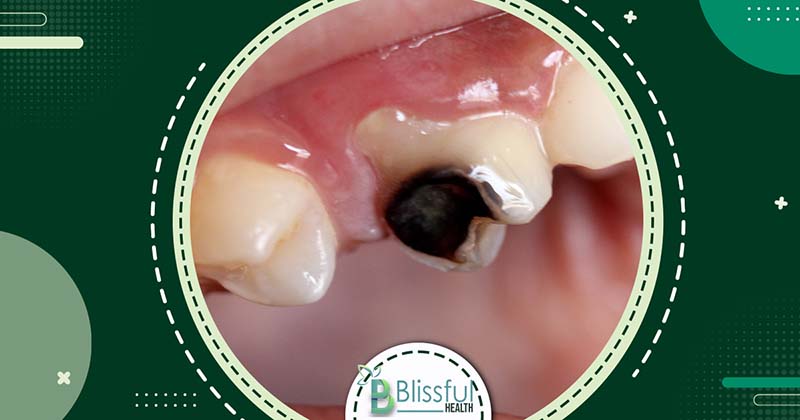
Black Lines on Teeth
The presence of black lines on teeth can stem from food debris buildup, cavities, or inadequate oral hygiene. These lines may form along tooth fissures or at the gum line. Regular cleaning by a dentist or dental hygienist is usually effective in eliminating this problem.
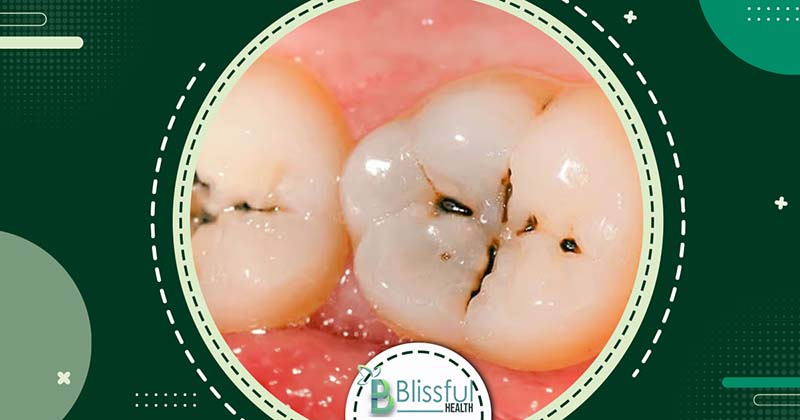
Black Tartar on Teeth
Black tartar, also known as calculus, is a stubborn substance that cannot be removed without professional dental assistance and deep cleaning. Regular dental visits for professional cleanings are crucial in managing and preventing the buildup of black tartar.
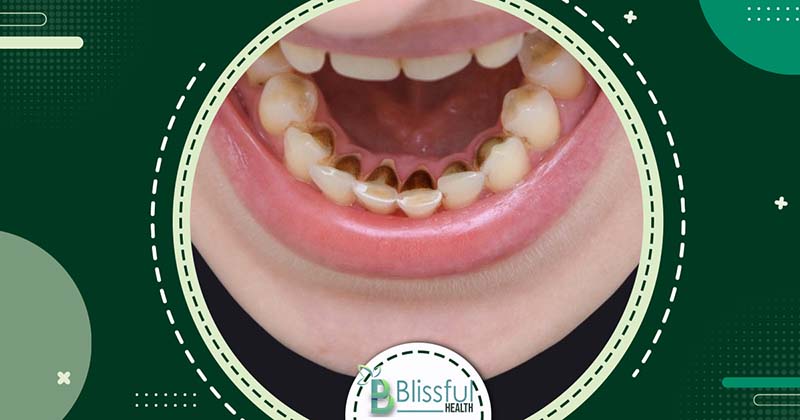
Black Triangle Teeth
Back triangle teeth often result from gum disease, leading to gum recession and the formation of black pockets. Treatment typically involves professional hygiene sessions and consultation with a periodontist to address the underlying gum disease. Cosmetic treatments may also be recommended to close the gaps.
Black Stains on Teeth
Black stains on teeth may indicate underlying decay or cavities. Treatment usually involves dental cleaning and whitening procedures to eliminate the stains and restore the tooth’s natural appearance.
Proven Remedies to Revitalize Blackened Teeth
Black Spots on Teeth
Black spots on teeth can often be addressed with a straightforward procedure. If caused by a small pit, chip, or minor decay, your dentist can remove the affected area, eliminating the staining or decay. They may then apply tooth-colored bonding material to the treated area. This bonding seamlessly blends with your natural tooth, rendering the repair virtually invisible.
Black Lines on Teeth
Similarly, black lines on teeth can be treated using dental bonding techniques. If the black line is located at the gum margin and you already have a dental restoration such as a veneer or crown, your dentist can apply bonding material to conceal the discoloration.
Whitening Dead Teeth
Whitening dead teeth is another viable option. Using a peroxide gel, dentists can significantly lighten the color of a dead tooth. However, in some cases, teeth whitening alone may not suffice, and additional restorative options such as dental veneers or crowns may need to be considered for optimal results.
Notes: It’s essential to consult with a qualified dentist to determine the most suitable treatment for your blackened teeth. Additionally, maintaining good oral hygiene habits and attending regular dental check-ups can help prevent tooth discoloration and decay.
In-depth Analysis of Black Tooth Decay Symptoms
It’s uncommon for a tooth to abruptly transition from a whitish shade to black. Typically, there are preceding signs that individuals may notice before the onset of black discoloration.
Increased Sensitivity: Early signs are heightened sensitivity and discomfort when eating or drinking hot or cold items, which may signal upcoming color changes.
Small Black Dots: Often seen near the gum line, especially in children, these dots can indicate the beginning stages of black teeth and underlying dental issues.
Tartar Build-Up: Tartar may cause black stains on the outer parts of molars and the inner surfaces of front teeth. If untreated, it may lead to enamel erosion and potentially cavities.
Notes: Regular dental check-ups are essential for monitoring oral health and addressing any emerging issues promptly. Practicing good oral hygiene habits, including brushing twice daily and flossing, can help prevent tartar buildup and maintain optimal dental health.
Essential Prevention Strategies From Experts on Black Tooth Decay
To safeguard against black teeth, consider implementing the following preventive measures:
- Brush Thoroughly: Brush your teeth for at least one and a half minutes twice daily, using fluoride toothpaste. Ensure thorough cleaning to remove plaque and prevent decay.

Ensure thorough cleaning to remove plaque and prevent decay. - Floss Regularly: Floss your teeth once a day to remove food particles and plaque from between your teeth and along the gum line, where brushing alone may not reach effectively.
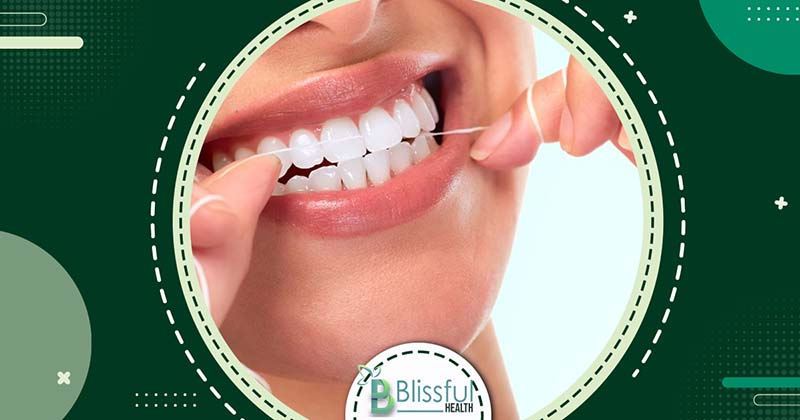
Floss Regularly: Floss your teeth once a day to remove food particles - Attend Regular Dental Check-ups: Schedule routine check-ups and oral cleanings with your dentist or dental hygienist to monitor your oral health and address any emerging issues promptly.
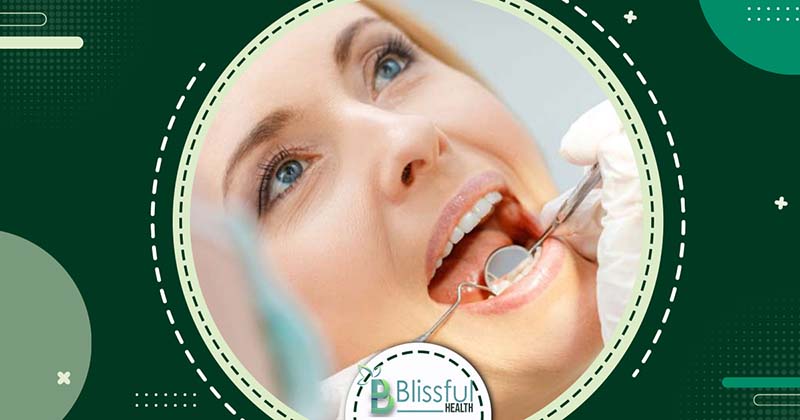
Attend Regular Dental Check-ups: Schedule routine check-ups and oral cleanings - Limit Sugary Intake: Minimize consumption of sugary drinks and snacks, as they can contribute to tooth decay and discoloration.

Minimize consumption of sugary drinks and snacks - Avoid Tobacco Use: Refrain from smoking or chewing tobacco, as nicotine and tar in tobacco products can stain teeth and heighten the risk of oral health issues.
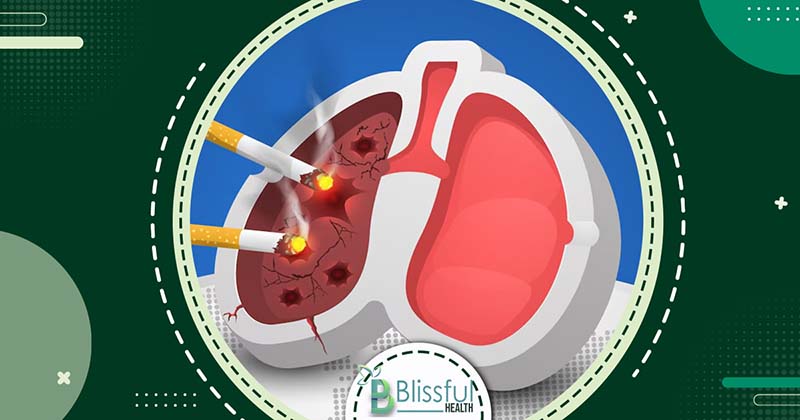
Refrain from smoking or chewing tobacco, as nicotine and tar in tobacco products can stain teeth - Use a Straw: When consuming acidic beverages like soda or juice, use a straw to minimize direct contact with your teeth, reducing the risk of enamel erosion and staining.
- Avoid Chewing on Hard Substances: Refrain from chewing on ice or hard candies, as this habit can weaken tooth enamel and lead to tooth damage or discoloration.
- Maintain a Balanced Diet: Eat a well-rounded diet rich in fruits, vegetables, and whole grains, which promote overall oral health and contribute to strong teeth.
- Monitor Medication Effects: If you’re taking medications that can stain teeth, consult your dentist about strategies to mitigate the risk of staining, such as adjusting dosage or using protective measures.
Notes: Consistency in practicing these preventive measures is key to maintaining optimal oral health and reducing the likelihood of developing black teeth. Additionally, staying informed about the effects of medications on oral health can help you make informed decisions about your dental care routine.
FAQs
Could Black Teeth Signify an Underlying Oral Cancer Risk?
Experiencing black teeth does not always indicate oral cancer. While black teeth can be a sign of oral health issues like decay, infection, or trauma, they do not necessarily equate to oral cancer.
Linking Black Teeth With Addison’s Disease: Evaluating the Symptomatology
Addison’s disease is an endocrine disorder that causes a darkening of the gums due to hyperpigmentation. However, a black tooth with normal gums is not a common sign of Addison’s disease.
Is Pain an Inevitable Companion of a Blackened Tooth?
A dying or dead tooth isn’t necessarily painful – not everyone experiences pain, and of those who do, some might only experience mild pain, while others may find it extremely painful.
How Long Does It Take for a Tooth to Go Black?
The time it takes for a tooth to turn black depends on the cause. If tooth decay is the cause, the tooth may gradually turn black over several years. However, if the blackness is due to trauma, it can happen quickly after the tooth’s blood supply is cut off, causing the internal tissue to die and darken.
What Causes Teeth to Lose Their Whiteness?
- Tooth trauma: An injury can leave your tooth intact but darkened.
- Getting older: Your teeth look yellower as enamel wears away.
- Family history: Some people inherit teeth that aren’t as white.
- Excess fluoride in either water or dental products.
- Medications: Certain antibiotics and antihistamines are known to cause discoloration.
- Poor dental hygiene: Plaque buildup and skipping dental visits contribute to staining.
- Dental materials: Some amalgam restorations that contain silver-sulfide are discoloring.
Do Black Teeth Signal Cavities?
Many individuals often confuse black lines with cavities, but it’s important to understand that they are distinct issues. Cavities can lead to the formation of black lines on teeth. A healthy smile can be compromised by the presence of tartar or cavities, which can create these dark markings. Additionally, black lines or discolorations may also occur for other reasons, such as receding gums.
Conclusion
In conclusion, whether black tooth decay requires emergency attention depends on the specific circumstances and symptoms. While some situations need urgent care, a tooth that slowly turns black without causing pain may not require immediate action. However, it’s still important to have a dentist evaluate any changes in tooth color.
Your oral health significantly impacts your overall well-being. Seeking prompt dental care, practicing good oral hygiene, and adopting preventive measures are vital for maintaining a healthy and radiant smile. If you encounter a black tooth, consulting with your dentist without delay can help determine the most appropriate course of action tailored to your needs. Give your smile the care it needs to shine brightly for years to come.


